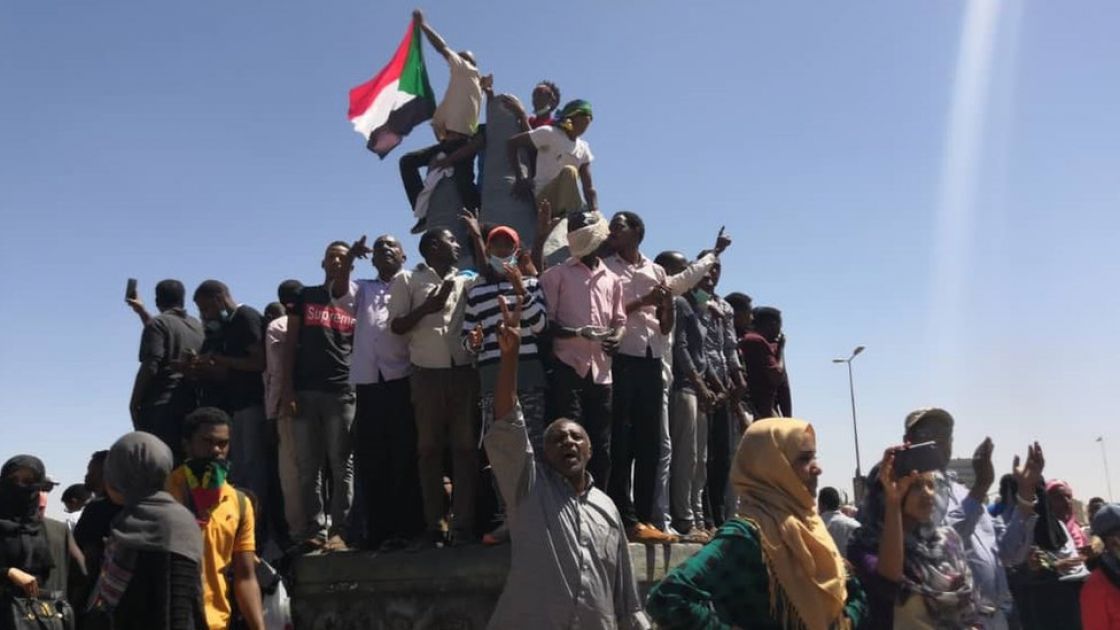- Editorials
- Posted
Sudan and Algeria; Objective: Eradicate Corruption
Like regimes learn from mistakes of others, also peoples learn from the lessons of others. If the popular movements that have been emerged since 2011 until now, indicated a clear beginning of the global social-political movement, their maturity and the lessons learned from them crystallize day after day.
It is not secret for any observer the clear maturity of mass mobility in Algeria and Sudan in recently, compared to the previous movements.
It is clear from the Tunisian and Egyptian experience that changing the first face in the country does not in fact change anything in reality, and does not lead to any improvement in the economic conditions of these countries or the living conditions of these peoples. It seems that negatively treating the right demands of the peoples through formal reforms or short-lived suppressive maneuvers, does not lead with time to anything but only destabilization, the explosion of violence and counter-violence, and the collapse of institutions, and reaching a situation where the forces of corruption become more authoritarian as the country enters into a state of war.
As the vision became clearer, public slogans have begun targeting the real enemy, that is corruption, as the corruption of these regimes prevents growth and socio-economic development that these countries and peoples can reap the benefits of them.
The triad of (national, socioeconomic, democratic) becomes increasingly clearer. The demands of freedom without improving economic conditions are meaningless in these regimes driven by the worn-out gears of neo-liberalism, that do not see in democracy except a tool for dividing shares between the corrupt, and do not see in the masses but a tool to increase quotas of looting, in peace and war.
If the national factor, or more accurately the national dignity, is what prompted the Algerians to reject the fifth presidential mandate, it is the democratic factor which constituted the pressure tool used by the masses to show the corrupt elite there is no way but to lend an ear to the words of the masses.
The inability of the Sudanese regime to resolve the intricate national issues since a considerable period of time – like the separated South Sudan and the Darfur issue, combined with the long-term repression of democratic freedoms, and the terrible deterioration of the standard of living – has brought the Sudanese people to the streets. The Sudanese people having targets clarified are refusing to change the symbols while keeping the essence of corruption, which are attempts that the Sudanese regime is still trying in order to deceive the people who will not be deceived because they have learnt lessons.
While the military institutions of these countries try to stand as far as possible at a prescribed distance – in a kind of preservation of national unity and as much cohesion as possible – the forces of the West, which have been always intervening, are trying to push the army to take sides in the conflict in order to transform the just demands of these peoples to a civil war in which the west work to exacerbate all kinds of small cracks, or to extinguish these movements with very formal changes.
Given that the movements in Algeria and Sudan are still in their infancy (but with slogans more profound than their predecessors), they are still likely to make more radical, deep and comprehensive changes, at the level of national dignity, democratic freedoms, growth and social justice.
Kassioun Editorial, Issue No. 909, April 15, 2019


